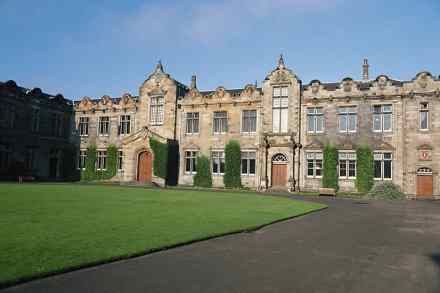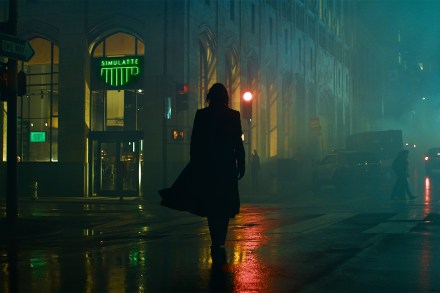Scholars and spectres: The Runes Have Been Cast, by Robert Irwin, reviewed
More from BooksIt could be said that the power of a horror story depends on the possibility, however minute, of it being true. This is partly why so many masters of the genre, from Bram Stoker to Robert Louis Stevenson, have given their narratives the semblance of believability by including epistolary passages, ‘found’ documents and the commentaries






























